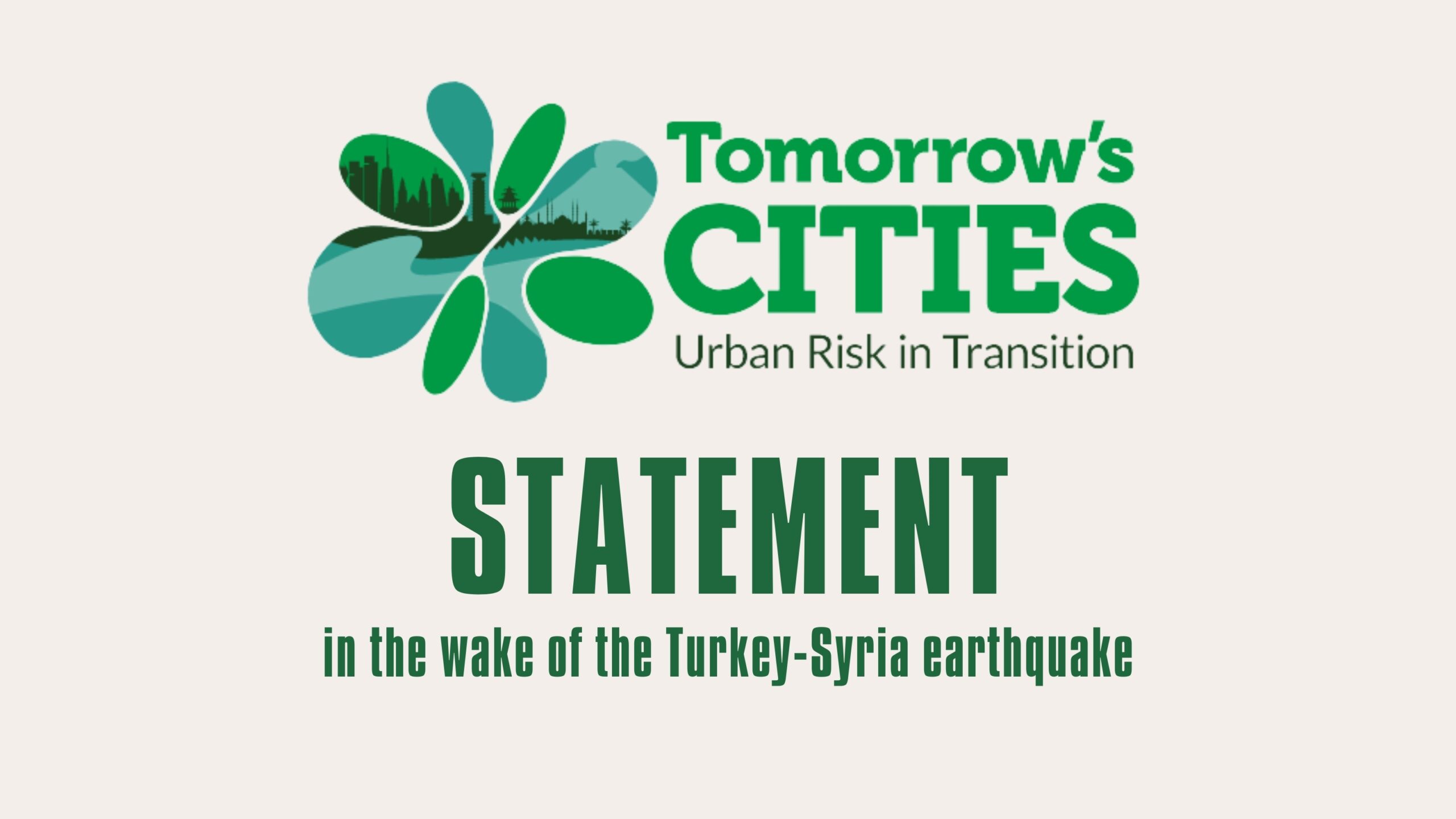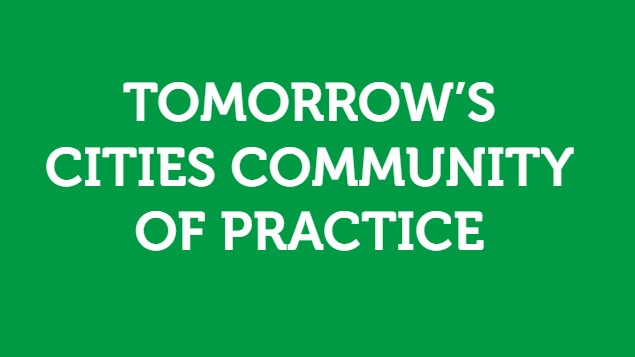
- Close
14/02/2023 | Global
Tomorrow’s Cities Statement in the wake of the Turkey-Syria earthquake

Tomorrow’s Cities Turkish researchers and wider partners have collaborated in the Tomorrow’s Cities endeavour from its conception more than 5 years ago; they are more than colleagues. The devastation and human suffering Turkey and Syria are currently experiencing are unimaginable, and the Tomorrow’s Cities community extend our sincere condolences and sympathy to our friends and the people of Turkey and Syria.
The core of Tomorrrow’s Cities mission is the reduction of disaster risk for the future. Because of that, we have specific responsibilities in the wake of such disasters and are urgently working to understand the earthquake and its implications for future great earthquakes across the world. This event holds very important lessons for understanding the physical processes which lead to such destruction and facilitating the development of coalitions to change the political environments which cause them. Earthquakes are a fact of nature, disasters are the result of human choices.
From the physical perspective, this event demonstrates how we might identify places of particular earthquake risk. This region of southern Turkey was precisely identified as having extreme seismic risk in work published previously in a rigorous peer-reviewed journal, which prioritised the area for detailed scientific analysis. Such analysis must not be resigned to university libraries, but the scientific community must build stronger links with policymakers and reverse the current trend of social media-driven anti-science which threatens the foundations of a century of evidence-based decision-making.
Increasing disaster risk calls for government commitment to urgent policy interventions to reduce vulnerability, but physical science by itself does not change policy. Building codes and seismic structural design, which control the resilience of new construction, for example, must be reviewed and rigorously enforced if we are to begin to reduce seismic risk in future urban developments. This work must be redoubled if science is to help assure the resilience of the reconstruction following this week’s earthquakes, but it must be integrated as an essential constituent of risk-informed urban planning if we are not to build the same vulnerabilities into tomorrow’s cities. Given the historically unprecedented rate of urban expansion globally, this is a time-critical global challenge.
Tomorrow’s Cities extends its deepest condolences to the Turkish and Syrian people, and we reaffirm our commitment to help build the knowledge, skill and, most importantly, the political determination to ensure that future development will be very much more resilient to these inevitable events. Tomorrow’s Cities appeals that countries subject to high disaster risk develop the critical political multi-sectoral and transdisciplinary coalitions which are required to address such persistent, systemic threats.
Tomorrow’s Cities Senior Management Team.



